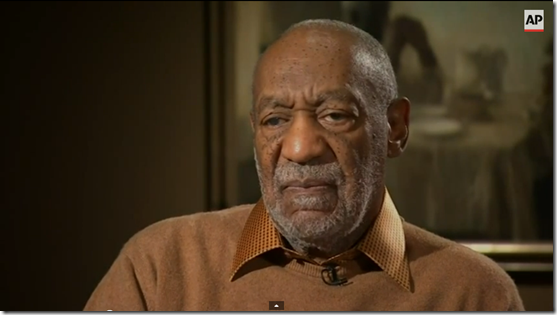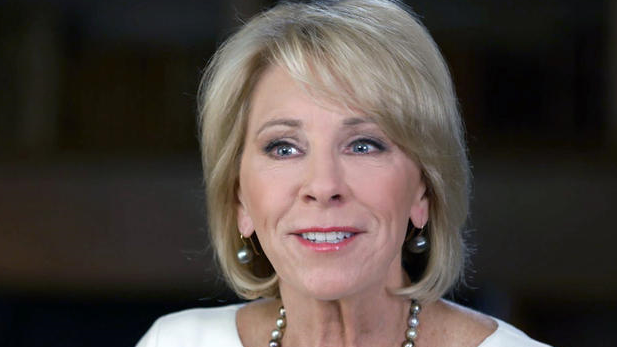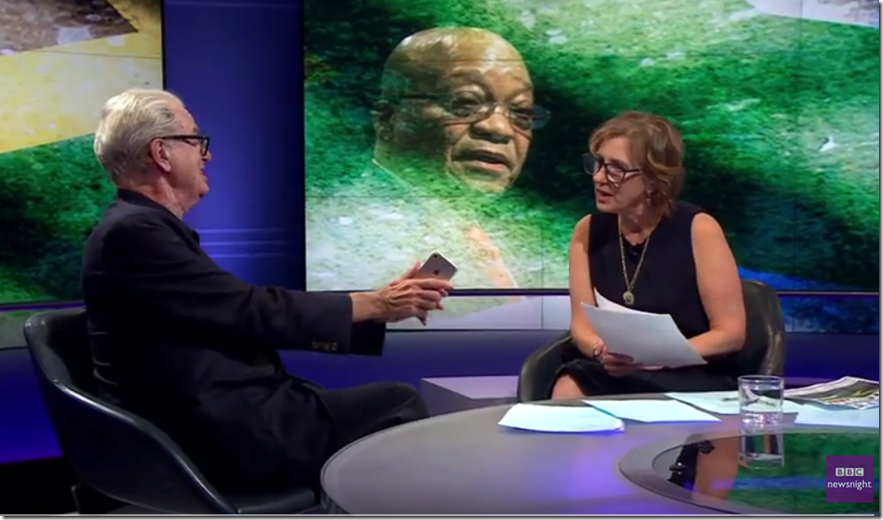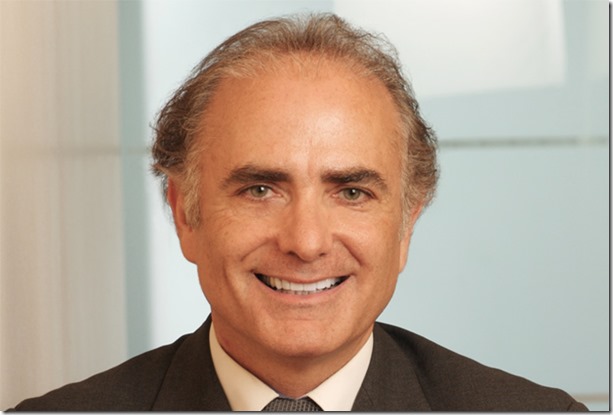November 2014: The Worst Video Media Disaster
I’ve rarely seen a beloved celebrity fall from grace as abruptly as Bill Cosby.
Within just a few days of numerous rape and sexual assault allegations being leveled against him, Cosby’s brand as the venerated Dr. Cliff Huxtable devolved into a much darker public perception: serial rapist.
If he’s completely innocent of all of the allegations being leveled against him—and the reported facts make that difficult to believe—his attempts to mitigate the stunning damage to his career, reputation, and legacy have been disastrous.
I already covered some of the mistakes Cosby made in an earlier post. This month-end post will add a few new thoughts.
As I wrote a few weeks ago, Cosby’s attempt to manage this scandal by refusing to speak when asked about the charges during a nationally broadcast NPR interview only brought more attention to the allegations.
Several of my blog’s readers said that Cosby did the right thing by offering no comment, arguing that any comment would have only fueled the story. But even if they’re right, Cosby should have turned down the interview outright if he wasn’t prepared to deliver a substantive response to an obvious question.
Video of Cosby applying pressure to a reporter from the Associated Press was, in many ways, even more telling. When the reporter did his job by asking Cosby about the allegations, Cosby challenged the journalist’s “integrity,” and asked him to “scuttle” that part of the interview. If Cosby is indeed guilty of some or all of the allegations against him, this video offers an insight into his modus operandi.
Cosby made other major crisis communications mistakes along the way. His lawyer’s original statement read as follows:
“Over the last several weeks, decade-old, discredited allegations against Mr. Cosby have resurfaced. The fact that they are being repeated does not make them true. Mr. Cosby does not intend to dignify these allegations with any comment. He would like to thank all his fans for the outpouring of support and assure them that, at age 77, he is doing his best work. There will be no further statement from Mr. Cosby or any of his representatives.” – John P. Schmitt, lawyer for Bill Cosby
Cosby’s attorney had to retract and reissue that statement in order to clarify that it did not apply to one of Cosby’s accusers. And when accused of being a serial rapist, how is it germane to include that, “at age 77, he is doing his best work?”
Although many PR professionals have written posts about Bill Cosby, the truth is that if he’s guilty, his is not a PR problem. No amount of good communications can rescue a serial rapist—and NBC, Netflix, TV Land, and several concert venues that have either canceled or postponed his appearances seem to agree.
What can Cosby do now?
If he is innocent, he should have already loudly, publicly, and consistently declared so. At this point, he might give a prime time interview to a trusted anchor and answer every question posed to him directly. Some of my readers argued against that, saying he’s in a “no win” position. I disagree. Viewers are smart enough to decide for themselves whether he appears credible—which he should, if he’s innocent. He’s unlikely to do that, of course, which signals to many people that there’s truth to the allegations.
If he’s guilty, there’s only one thing he can do to restore any part of his legacy: Admit it, pay the legal and financial consequences of his actions, and dedicate the rest of his life and resources to sexual assault and rape causes. I wouldn’t hold my breath for that to happen, either.
Instead, Cosby has chosen the middle ground—allowing his attorney to attack the women who accused him of sexual assault and trying to muddy public perception just enough to allow Cosby to maintain a portion of his career. Cosby’s attorney has every right to challenge inconsistent facts, of course—but instead, he’s called into question the very idea that an honest accuser would have waited so long to tell their stories (in many cases, they tried to—but their stories were reportedly “scuttled,” often as a result of pressure from Cosby and his team). And Cosby may have benefitted from a lack of physical evidence: a Pennsylvania district attorney who considered sexual assault charges against him in 2005 recently said, “I thought he did it.”
There’s virtually nothing Cosby can do at this point to prevent these allegations from being included in the first paragraph of his obituary. Based on the available facts and paired with his incomplete responses, that seems entirely well deserved.
Don’t miss a thing! Click here to instantly join our mailing list and receive the best of the blog twice each month.




I teach high school Broadcast Journalism. Your blog is great at pointing out the things that journalism does right and what some journalists do wrong. Regarding ethics, it will be interesting to see what comes of the recent Rolling Stone article regarding accusations against a fraternity. Journalism students need to see first-hand how hearsay, unverified sources, and basic laziness can permanently damage a publication and a reporter’s reputation. I don’t think that the New York Times or the Washington Post have ever fully recovered from the high profile plagiarism scandals of Jason Blair and Sari Horwitz respectively. The number of students in today’s high schools who have a low regard for academic ethics is disturbing and I am concerned that it may spill over into their careers.